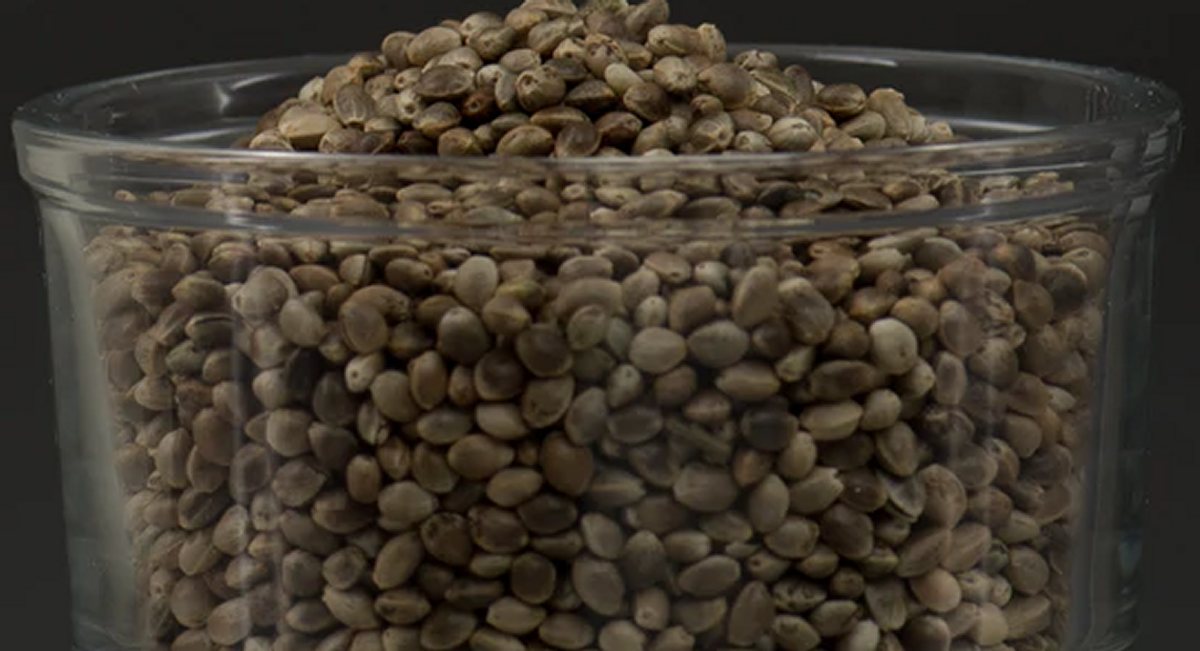Making Better Use Of Hemp Waste

A New Zealand project will delve into ways to turn hemp seed waste into high value products for local consumption and export.
Hemp seed is a superfood that is truly deserving of the label – it’s high in protein, vitamins and minerals, fibre and beneficial fatty acids, but low in bad fats.
Hemp seed hulls are the hard outer coating that is removed when producing “hearts” – hulled hemp seed. The shells are removed through pounding, followed by immersion in water where the hemp hearts sink to the bottom and the shells float to the surface and are skimmed off.
In Australia and New Zealand, hulled seeds are the only way hemp seed can be legally sold for food purposes, aside from oil produced by cold-pressing. The by-product of cold-pressing is hemp seed cake or meal. While this is still highly nutritious and high in fibre, it reportedly tastes pretty ordinary.
So, this means there’s a significant amount of waste that currently has next to no market. In terms of hemp seed cake, it is valuable as a stock feed, but many countries don’t allow stock to be fed hemp – including Australia and New Zealand.
Taranaki-based Greenfern Industries, which grows hemp in Central Otago and Taranaki, says it will be working alongside Callaghan Innovation and Hemp Connect in a Bioresource Processing Alliance (BPA) funded project to make use of the hulls.
“We have plans underway for rapid expansion, so we’re keen to find added value opportunities for the by-products of hemp seed processing,” said Greenfern managing director Dan Casey.
Some of the possibilities for using the hulls and other seed components include in the production of antioxidants, oil, protein peptide supplements, and water-soluble hemp protein. Among other potential positive outcomes from the project may be more efficient ways of processing, improving yields, and waste reduction.
“Given our commitment to sustainability, we’re naturally really excited to be part of this research and development project,” said Mr. Casey.
The project has been awarded NZD $145,000 in cash and in-kind funding by BPA, which is funded by New Zealand’s Ministry of Business, Innovation and Employment.
420 Intel is Your Source for Marijuana News
420 Intel Canada is your leading news source for the Canadian cannabis industry. Get the latest updates on Canadian cannabis stocks and developments on how Canada continues to be a major player in the worldwide recreational and medical cannabis industry.
420 Intel Canada is the Canadian Industry news outlet that will keep you updated on how these Canadian developments in recreational and medical marijuana will impact the country and the world. Our commitment is to bring you the most important cannabis news stories from across Canada every day of the week.
Marijuana industry news is a constant endeavor with new developments each day. For marijuana news across the True North, 420 Intel Canada promises to bring you quality, Canadian, cannabis industry news.
You can get 420 Intel news delivered directly to your inbox by signing up for our daily marijuana news, ensuring you’re always kept up to date on the ever-changing cannabis industry. To stay even better informed about marijuana legalization news follow us on Twitter, Facebook and LinkedIn.




